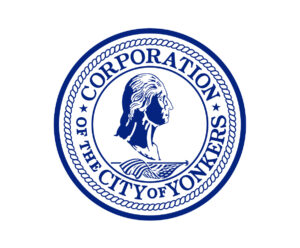By a 6-1 vote, the Yonkers City Council has adopted the city’s $1.5 billion 2024-2025 budget. Included is a total of $298.5 million for the school district and a 5.45% tax increase.
“This budget is sound and responsible,” said Mayor Mike Spano. “While we don’t take breaking the tax cap lightly, this budget enhances quality of life services Yonkers residents deserve and expect, and saves dozens of critical school positions.”
Spano’s office pointed out that the 2024-2025 Adopted Budget includes additional access to capital funding provided by New York state, helping Yonkers Public Schools support positions that were initially slated to be cut due to the loss of non-recurring aid given by the American Rescue Plan and Coronavirus Response and Relief Supplemental Appropriations Acts.

According to City Council President and Budget Chair Lakisha Collins-Bellamy, “As a lifelong resident and parent, I was determined to maintain the level of education that the children of Yonkers deserve. Although I understand the burden of any tax increase, however small, it was important to bridge the gap between the lack of federal funding and rising costs in order to fund our education and essential services.”
City Council Minority Leader Mike Breen said, “Faced with the daunting challenge of increasing health care costs that alone would have resulted in a 6% property tax increase, we scrutinized every possible way to cut expenses while ensuring the continuation of essential services that our residents expect and deserve. Remarkably, we were still able to enhance services in some areas, including the addition of two Parking & Code Enforcement Officers to address the quality of life issues that matter so much to us all.”
In a report, New York State Comptroller Thomas DiNapoli had criticized the proposed budget for what were described as unreasonable revenue and expenditure projections. The report said that revenue estimates for temporary municipal assistance, police, real estate transfer tax, city and state mortgage tax, housing and buildings, parking violation bureau, hotel room and occupancy tax, metered water sales and sewer rents may not be achievable. It also said that appropriations for police overtime, medical insurance, employee retirement, firefighting overtime and Social Security taxes likely were underestimated.






















